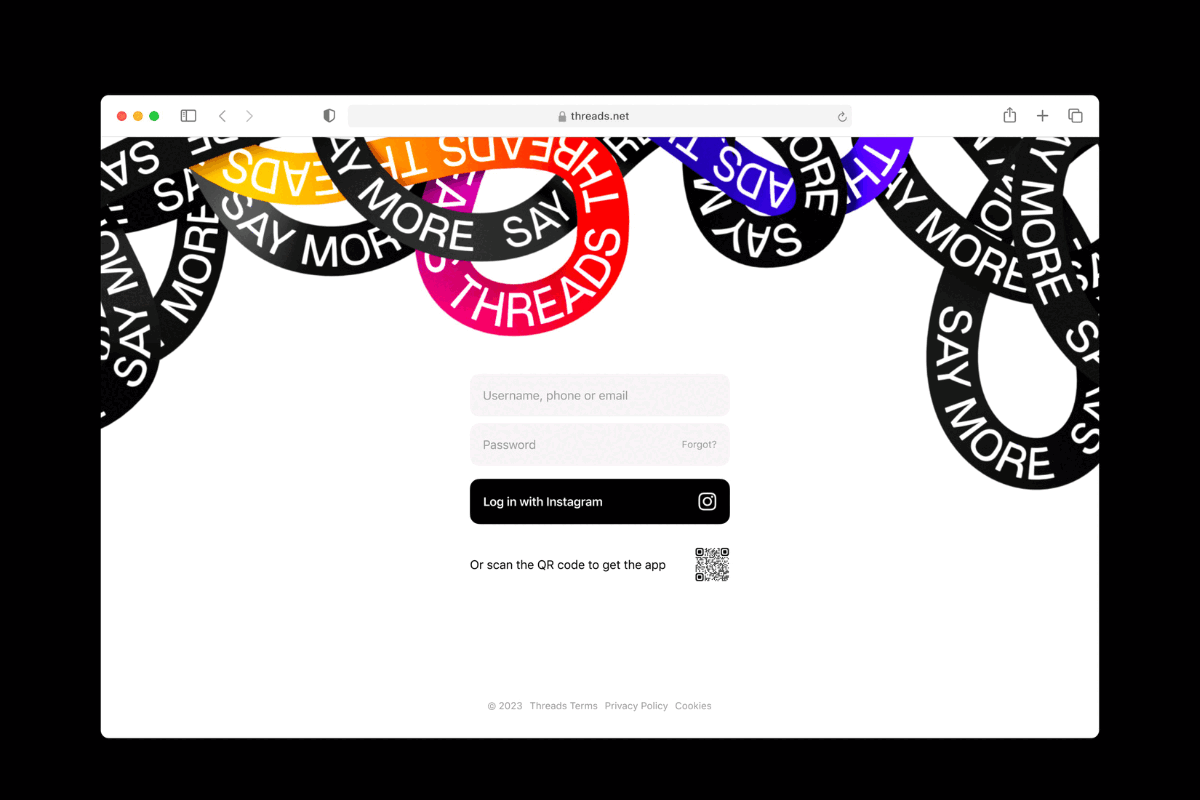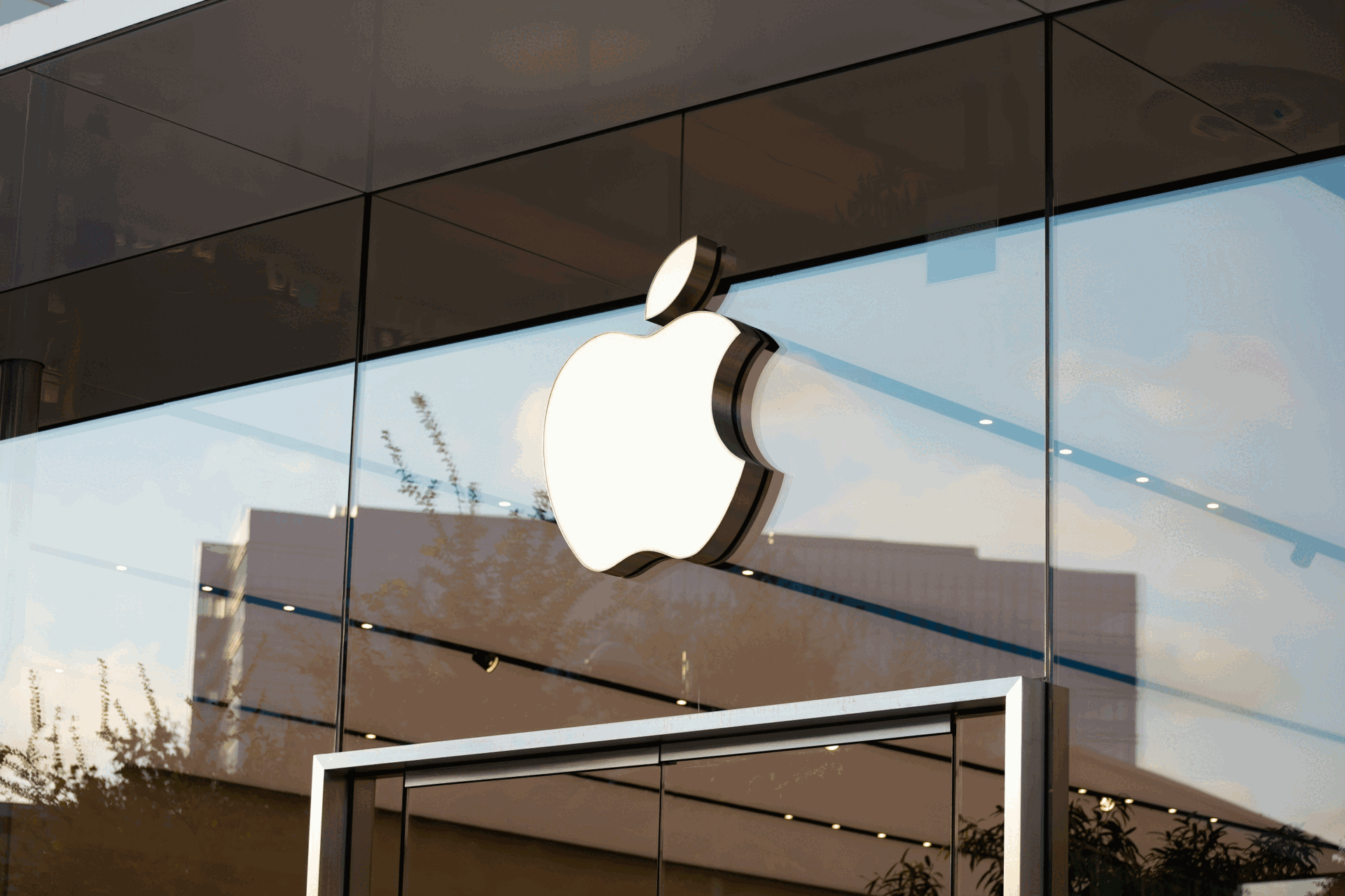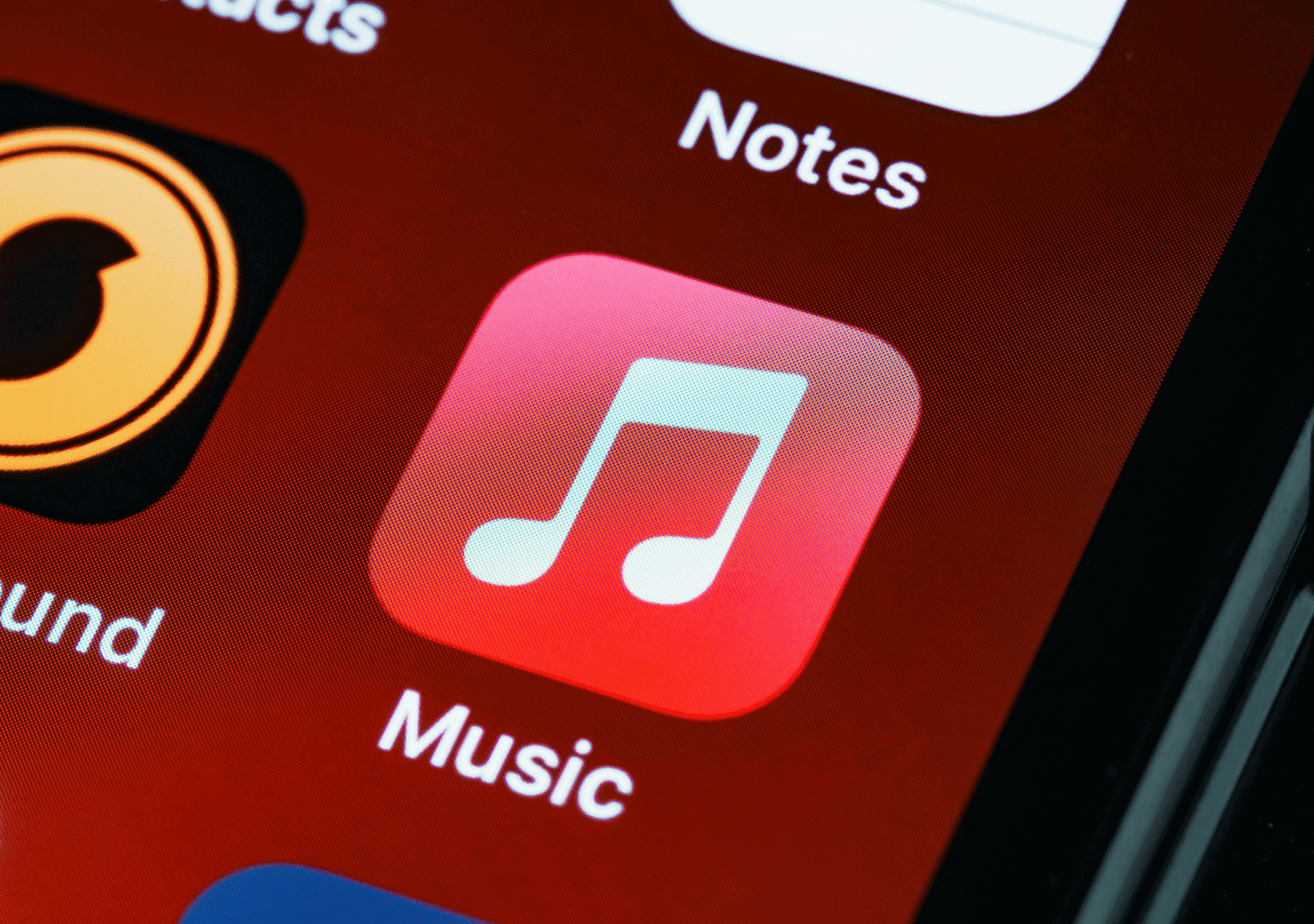 While European iPhone users are regularly downloading mobile apps, new research from Forrester reveals that few other app stores are making headway with EU consumers. In a survey of over 25,000 European adults, only 4 per cent of all mobile users, and 15 percent of smartphone users, report downloading apps at least once per month (in the UK this is 7 per cent and 22 per cent, respectively). In contrast, 64 per cent of European iPhone users and 76 per cent of UK iPhone users download apps on a monthly basis. (The study does not break out app downloading activity among Android users, but other studies have suggested it is broadly similar to the iPhone in this respect.)
While European iPhone users are regularly downloading mobile apps, new research from Forrester reveals that few other app stores are making headway with EU consumers. In a survey of over 25,000 European adults, only 4 per cent of all mobile users, and 15 percent of smartphone users, report downloading apps at least once per month (in the UK this is 7 per cent and 22 per cent, respectively). In contrast, 64 per cent of European iPhone users and 76 per cent of UK iPhone users download apps on a monthly basis. (The study does not break out app downloading activity among Android users, but other studies have suggested it is broadly similar to the iPhone in this respect.)
Forrester says the limited usage is primarily due to the combination of two factors. The first is the fact that there are few exhaustive offerings available; the second, the fact that only recently-shipped smartphones come with native app stores embedded.
The report also notes that whilst usage of applications is still niche, demand is increasing, as evidenced by the fact that 21 per cent of all European (and 23 per cent of UK), mobile users consider apps to be an important feature when choosing a new handset. The five categories that see the most downloads are games, music, weather, news, and social networking. But the number of downloads does not equate to actual usage; consumers often download multiple apps during the first few weeks after they try out a new store, but many apps remain otherwise unused.
While there are around 80 would-be application stores available worldwide as of June 2010, Forrester analyst Thomas Husson argues that the market opportunity is overhyped. Many players, such as Microsoft and Samsung, will enhance their current offerings, as newcomers try to offer meaningful differentiation. However, says Husson, few will be able to survive in this complex and evolving market.
“Cross-platform players will continue to emerge, but stakeholders with the ability to succeed are more likely to be those that control the operating system and the user experience and are able to offer reach to a wide variety of connected devices,” says Husson. “That’s why fragmentation is likely to increase in the early days, and will likely be followed by a consolidation phase.”
















